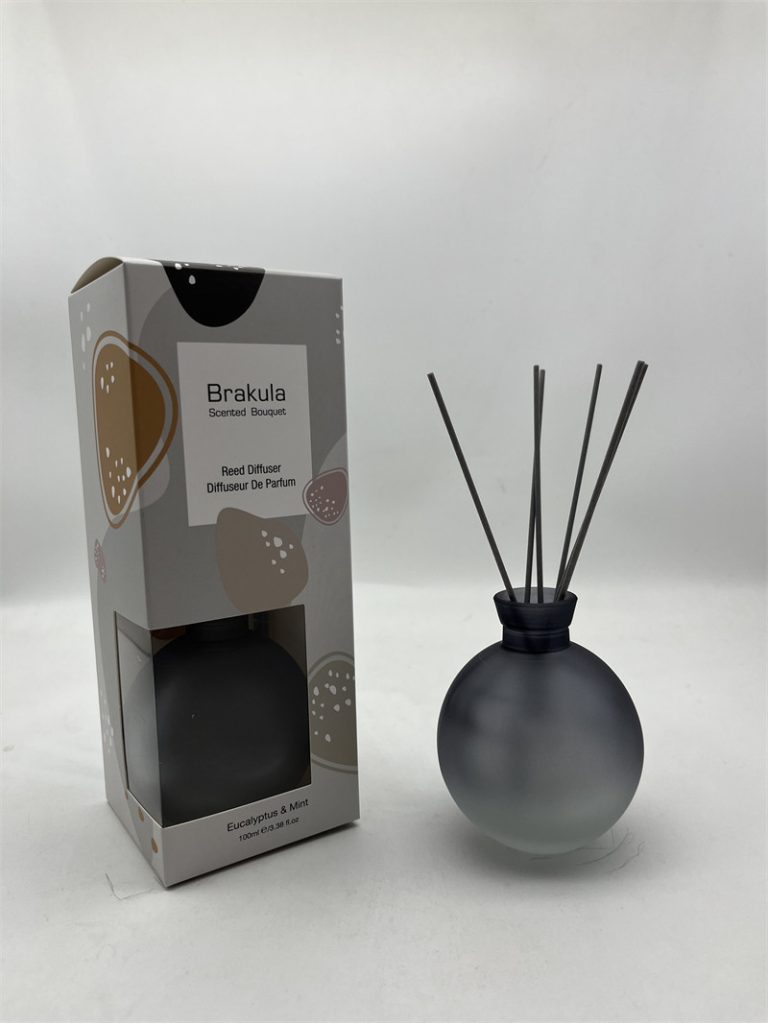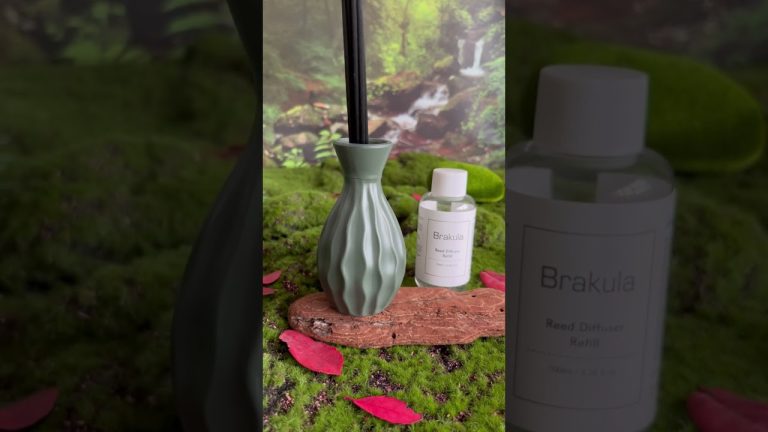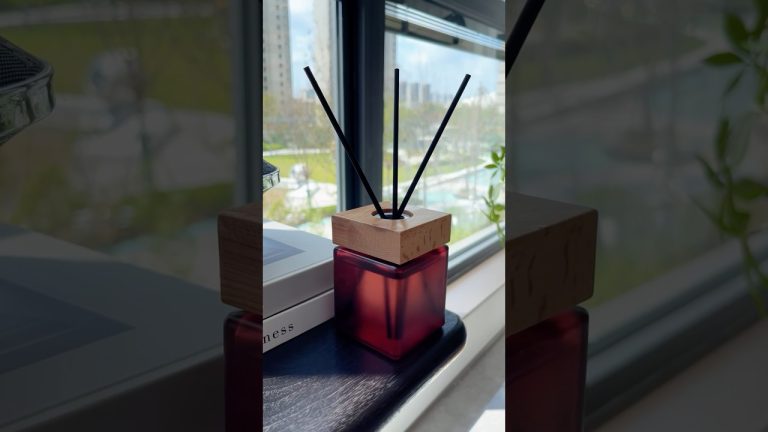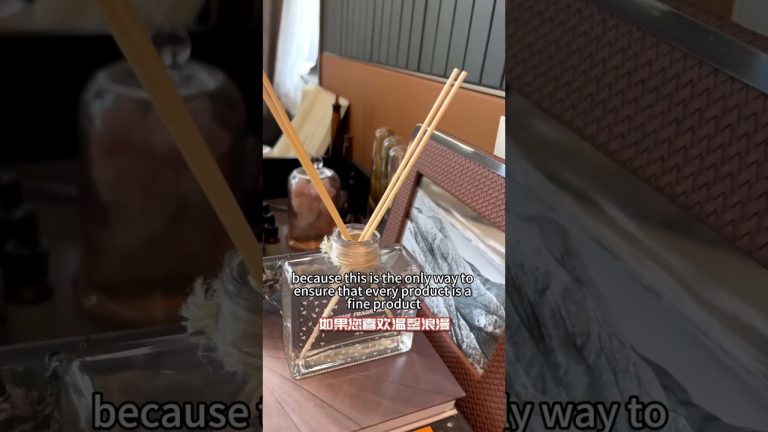Table of Contents
Harvesting and Preparing Jasmine Flowers
| Article Name | Room Diffuser |
| Material | Customized |
| Suitable for | Hotel |
| Scents | Fig & Cassis, Camellia Sakura |
| Capacity | 200ml |
| Color | Navy Blue |
| Origin | China Supplier |
| Duration | Customizeds |
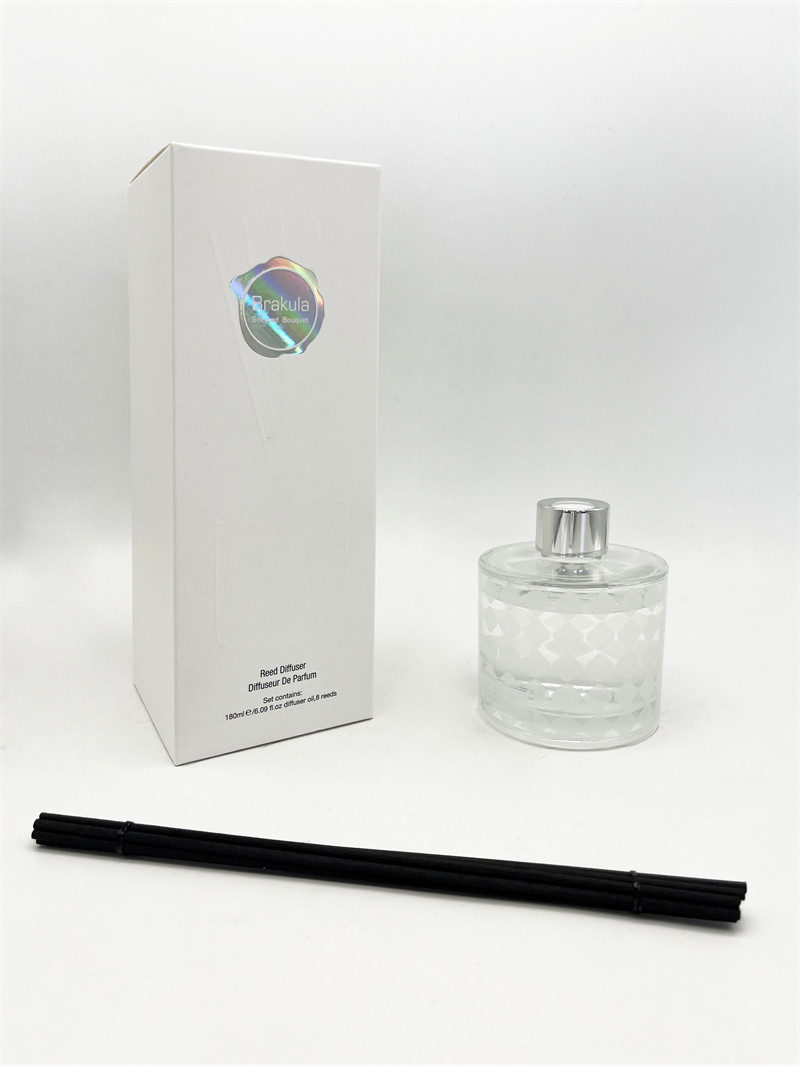
Jasmine essential oil is extracted primarily from the delicate white or yellow jasmine flowers. To begin, it’s crucial to harvest the flowers early in the morning when their fragrance is most potent. The best jasmine varieties for oil extraction include Jasminum grandiflorum and Jasminum sambac.
After picking, the flowers should be handled gently to avoid bruising, which can affect the quality of the oil. It’s also important to process the flowers quickly since jasmine blooms are highly perishable and lose their scent rapidly once picked.
https://reedaromalab.com/tag/cheap-scented-candle-china-best-company
Extraction Methods for Jasmine Essential Oil
The traditional and most common method for extracting jasmine essential oil is solvent extraction. This technique involves soaking the jasmine flowers in a solvent like hexane to dissolve the aromatic compounds. The result is a concrete that is further processed to produce an absolute, which is the pure jasmine essential oil used in perfumery and aromatherapy.
Alternatively, enfleurage is a more labor-intensive but natural extraction method. Fresh jasmine petals are placed on odorless fat that absorbs the fragrance over several days. Afterward, the fat is collected and washed with alcohol to separate the essential oil. Although less common today, enfleurage preserves the delicate aroma without chemical solvents.

